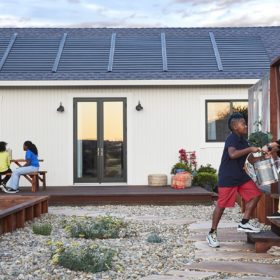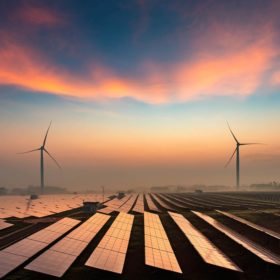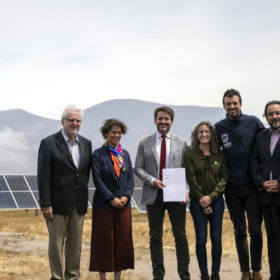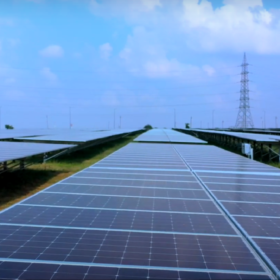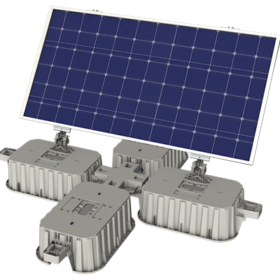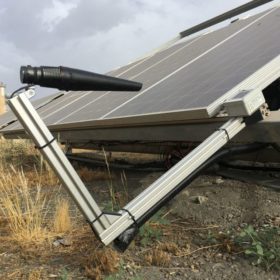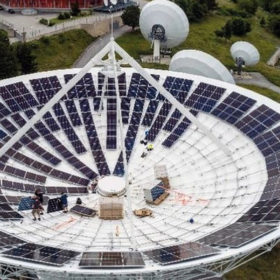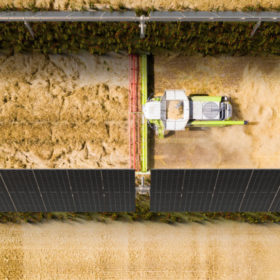All-perovskite tandem solar cell with 27.4% efficiency, high voltage
A US-Canadian research group has built an all-perovskite tandem PV device with a record-breaking open-circuit voltage of 2.19 eV, which they achieved by reducing recombination at the electron transport layer.
Soft costs in US residential solar adoption
US residential solar demand is expected to ride a 10% compound annual growth rate, adding $6 billion in incremental growth by 2025, said Technavio. But soft costs like customer acquisitions remain relatively high compared to other solar markets across the globe.
Denmark, Sweden, Finland could add 12.8 GW of solar by 2030
The Nordic region is set to become a European renewables powerhouse, according to Rystad Energy. It says Finland, Sweden and Denmark could collectively install up to 12.8 GW of new solar by 2030.
Chile enacts law on energy storage, electromobility
Chile has enacted the Renewable Energy Storage and Electromobility Law, which will compensate standalone storage projects for injecting electricity into the grid and being available at times of peak demand.
India offers import duty exemptions for 6 GW of PV
The Indian government is providing import duty exemptions for 6 GW of PV projects, which will result in higher tariffs awarded under several auction schemes for solar and renewables.
Sun-tracking floating solar islands from Portugal
Portugal-based Solaris Float has developed a swiveling floating solar platform with one- or two-axis tracking. It has installed its first project on a lake in the Netherlands. The project consists of 130 PV modules on a single-axis tracker, with an installed capacity of 50.7 kW.
German scientists develop novel heterojunction solar cells
Technische Universität Dresden researchers have designed new solar cells based on phase heterojunctions. They used two perovskite polymorphs to build a novel PV device with an efficiency of 20.1% and a fill factor of 84.17%.
Novel soiling loss measurement system for PV installations
An international research group has developed new technology to measure soiling losses in PV installations, by using a simple pocket light. They said the new system offers similar performance to their reference devices.
Axpo deploys PV system in sun-tracking satellite dish
Swiss utility Axpo has built a PV system inside the dish of a disused satellite run by data-center operator Leuk TDC. Satellite dishes can be used to produce solar power, as they can be flexibly aligned to the sun.
BayWa, Velux sign Europe’s first agrivoltaics-linked PPA
Germany’s BayWa r.e. and Denmark’s Velux have announced the first agrivoltaic corporate power purchase agreement (PPA) in Europe. BayWa will build two solar parks in Spain to power Velux’s operations, with capacities of 60 MWp and 56 MWp. One of them will partly be an agricultural PV project.

